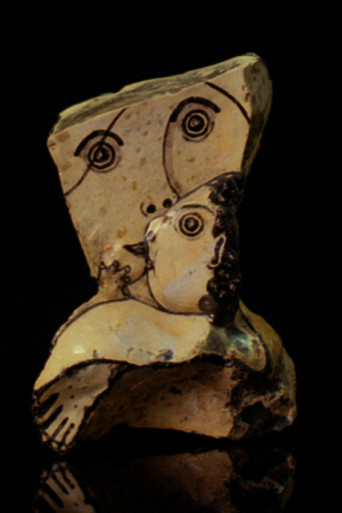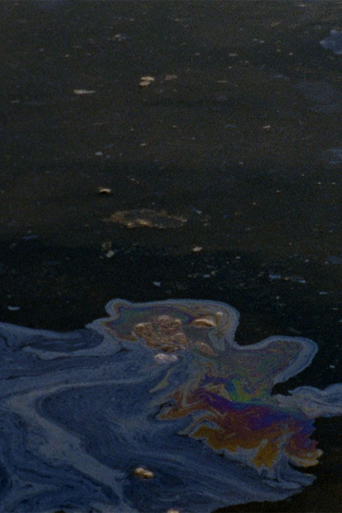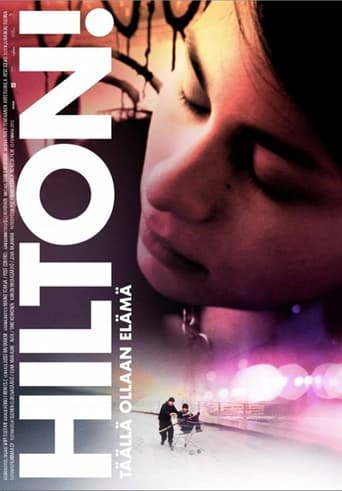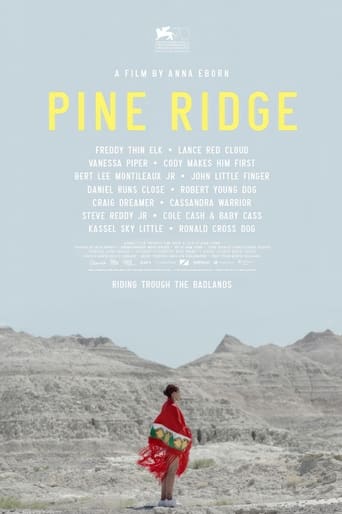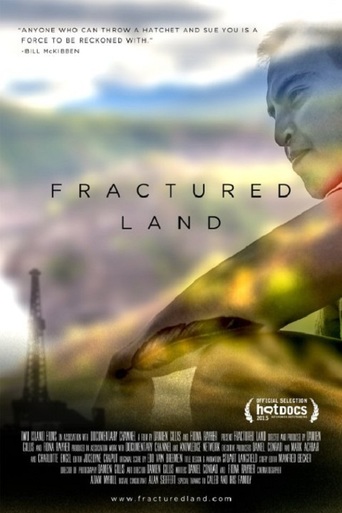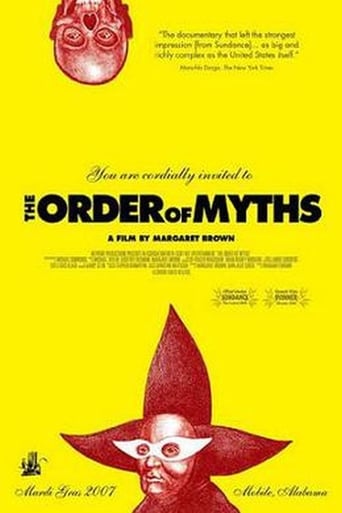
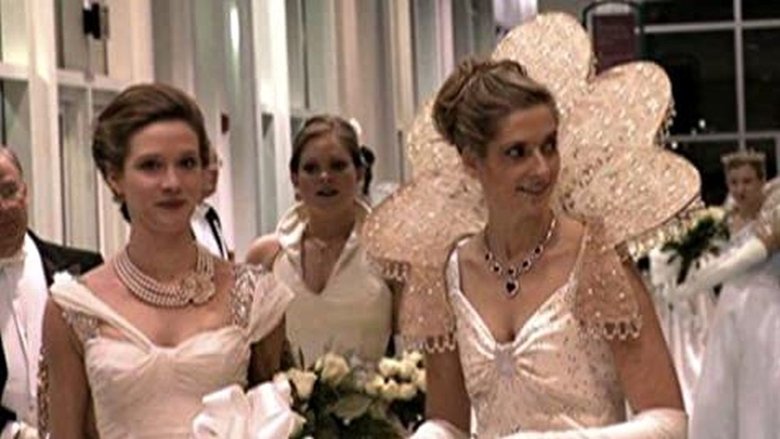
The Order of Myths (2008)
In 2007 Mobile, Alabama, Mardi Gras is celebrated... and complicated. Following a cast of characters, parades, and parties across an enduring color line, we see that beneath the surface of pageantry lies something else altogether.
Watch Trailer
Cast


Similar titles
Reviews
Why so much hype?
Memorable, crazy movie
what a terribly boring film. I'm sorry but this is absolutely not deserving of best picture and will be forgotten quickly. Entertaining and engaging cinema? No. Nothing performances with flat faces and mistaking silence for subtlety.
The movie turns out to be a little better than the average. Starting from a romantic formula often seen in the cinema, it ends in the most predictable (and somewhat bland) way.
I love the South dearly because of its flawed but rich past, and this film captures the beauty, complexity, and even the shame of the South in way that only a great documentary can. On the surface, its a film of two Mardi Gras parades---one white and one black---in Mobile, Alabama, which is the site of the oldest parade of this type. This account of moneyed white elites and earnest striving blacks, both proud of their history, and looking for a kind of middle ground in the face of a dark past is a poignant portrayal of a unique slice of America life. Watch it and draw your own conclusions about race relations. You'll be happy you took the time, and you'll be better off for the experience.
This was a great film and quite illuminating. Technically, it was very well made. The editors of the film deserve a lot of praise - being able to pull out so many nuanced details, from real life nonetheless!, and piece them together into an overarching story that coalesced so well is no small feat. For that alone they deserve much praise.The storyline itself is fascinating - an in-depth analysis of Mobile, Alabama's segregated Mardi Gras celebrations. I agree with another reviewer who said that the class aspects deserved more analysis (but perhaps that would have bogged down the message?).I can't help but walk away from this movie (and the Q&A) feeling like the black people of this town are pleading (screaming if they could), to have the white people just TALK to them about the need for better integration. But the whites just keep turning a deaf ear to them. During the Q&A, almost every black person who stood up to talk into the mic (on stage and in the audience), brought up this need to TALK about the issue. And almost every white person who spoke up ignored these requests. The whites in the audience asked about the technical aspects of the film, congratulated the filmmaker - one man clearly tried to start a conversation by asking the filmmaker's intent, but even he fell flat because he wasn't pointed enough. Even the self-described liberal woman of the high-society group didn't acknowledge these requests to talk. Instead she rambled on and on about superficial things that were important to *her* (like how it felt to have a camera stuck in her face). The filmmaker herself also wouldn't talk a firm stand on where she stood. And that's a damn shame, because let's face it - the white people of this town are the ones who have the power. They are the ones who need to step it up. Over and over in the film, we heard the black people saying they WANT to integrate. Any statements opposing this were all hearsay - never once a black person say on camera that they didn't want to.So as it stands, it is up to the white people of this town to respond. And I hope they do.
This near-perfect documentary explains the history of the oldest Mardi Gras in America, in Mobile, AL, as well as the current state of traditions in that Southern city. Mardi Gras balls and parade presentations are still almost exclusively segregated. The major strength of this film is that it seems like anyone (black, white, elderly, very young, official and amateur) will talk freely to director Margaret Brown. Compelling interviews, all-access footage, captivating cinematography, and a good score are the major highlights.This film is highly recommended. It will hold your interest and keep you talking about deep issues afterward. Congratulations to the crew, as this is one of those films that any trained filmmaker would have loved to have made this well.
Writer/director Margaret Brown gives an excellent picture of the Mardi Gras traditions in Mobile, Alabama. Along the way she also gives a very good picture of black/white relations in the South even to this day.Most people think of New Orleans when they hear Mardi Gras, but the fact is that Mobile's traditions date to before New Orleans was a city. Mardi Gras is still mostly a Southern tradition, even though it has spread to Texas, San Diego and St. Louis. It's rich history came over from Europe in the 18th Century to Mobile, New Orleans, and Biloxi, Mississippi, where I am familiar with it, having lived there for a few years.Make no mistake, you can't just walk into the white organizations, even if you are white. You have to have familial connections back to the origins of the city. It is a closed society made up of a lot of former slave owners. Brown weaves the story of slaves into her story of the city and the Mardi Gras traditions.It was an excellent peek into some of the traditions of the organizations, both black and white, and of the Mobile society.


